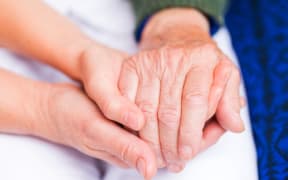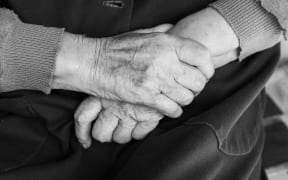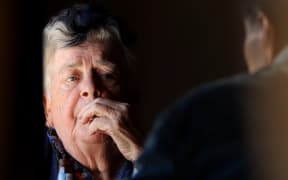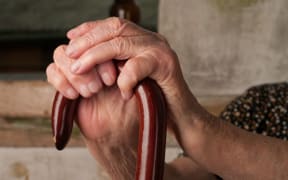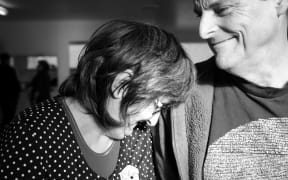New Zealanders with dementia want more respect, including from family doctors, and much more support generally.

Some GPs lack empathy during the diagnosis stage of people confirming they have dementia, a new study has found. Photo: 123RF
About 70,000 people in this country have dementia, and the number is expected to reach 170,000 by 2050.
New research released today by Alzheimers New Zealand contains interviews with 49 New Zealanders, including those with dementia and their partners, about their experiences.
Read the full Alzheimers NZ report here
They say they live meaningful lives but it could be better if key needs were met. One need was to be treated just the same as others.
One person with dementia told the study their partner would go outside their home and talk with the neighbours for half an hour. But, "I'll go outside and they say 'hello'."
Their partner added: "They say hello and they keep walking. They stop and talk to me. I notice the difference with how you're treated."
Getting a diagnosis was a key issue. The report said for many, dementia begins gradually, with many putting changes down to "just old age".
It added that getting a diagnosis is varied and slow, but eventually everyone goes to their family doctor. But that route to diagnosis could also take a year or longer, however.
The report also said that some GPs lack empathy and an understanding of the progressive mental decline known as dementia. The report said: "Other people living with dementia are disappointed in their dealings with their GP through the diagnosis stage. As a result some change their GP, usually to one recommended by other people living with dementia."
A young Pākehā woman with dementia said: "The first one I went to, he had a look at me and kept saying, 'you're too young for this, it's probably something else'."
An older man with dementia said his GP "signed me off - more or less. He didn't want to see me anymore and just gave me some pills and said, 'There you go, not much we can do here'".
People diagnosed with dementia and their partners were stunned after the diagnosis. One partner said: "I do feel a bit cheated. I see all these old people at the supermarket shopping, and the men are pushing the trolley, and I think 'Well, I'm never going to have that'."
Barriers to finding out about support, report finds
The report said that many people with dementia face barriers to accessing services. They don't know what services are available, whether they're eligible, or to get more services when they need them, and their care partners also need help to get support.
The availability of services across the country also varies. The report said services that meet the cultural needs of Māori and Pacific people are needed, along with more tailored support in hospitals, especially in accident and emergency departments and at discharge.
Alzheimers New Zealand said there was also stigma and discrimination. Its chief executive Catherine Hall said the health sector often let those with dementia down. "These are real people talking about their day-to-day struggles with a health sector that provides woefully inadequate services and support. Hopefully, this research will be heard and listened to at the Beehive."

